Waste to Biogas is an innovative solution that leverages Biogas Production from Waste through advanced Waste to Biogas Technology. Understanding the Benefits of Waste to Biogas highlights its role in sustainable energy and efficient waste management. How Waste to Biogas Works involves Anaerobic Digestion for Biogas, a process that transforms Organic Waste to Biogas using specialized Biogas Systems for Waste. This Waste to Biogas Conversion Process offers Eco-Friendly Biogas Solutions for industries and communities alike. Biogas Plant Solutions provide tailored approaches to convert Industrial Waste to Biogas, contributing to Sustainable Energy from Biogas. With ongoing Innovations in Biogas Technology, waste management and biogas production are becoming more efficient, paving the way for a greener future.
Peaks-eco is one of the largest suppliers of bioenergy systems in China. The expertise of Peaks-eco focuses on the technological development of the processing of biomass streams and the supply of systems for renewable energy from biomass. Peaks-eco supplies anaerobic digesters for agriculture and industry, biogas upgrading systems, biomass and waste-fired boilers, combined heat and power plants and fluidized-bed gasifiers.
In addition to the supply of complete plants, Peaks-eco has developed a wide range of components for the optimization of bioenergy systems. With over 20 years of experience in the design, construction, and installation of biogas plants, biomass-fired CHP’s and a large service team throughout China, Peaks-eco is your ideal partner in the field of bioenergy systems.
How a plant works?
Through a loading process, the biomass that is to be treated is fed into a digester.Digesters are tanks made of reinforced concrete that can be round or rectangular.The main activity - anaerobic digestion (when biomass is converted into biogas) takes place within the digester.
The biogas formed is sent to a gasometer (a pressure-switch accumulator for biogas) which absorbs any production variations. This ensures that the power supplied is regulated by the pace at which the biogas is produced.
Once the biogas reaches the cogenerator (engine) it is transformed into:
Electrical energy, which is transferred to the national grid.
Thermal energy, used to maintain the process temperature constant and also to heat of some premises (e.g. homes, offices, greenhouses ...).
The remaining waste left over from the entire process is called digestate and is made up of solid and liquid manure.
This by-product can be used as an excellent fertiliser and can be used on fields instead of chemical fertilisers.
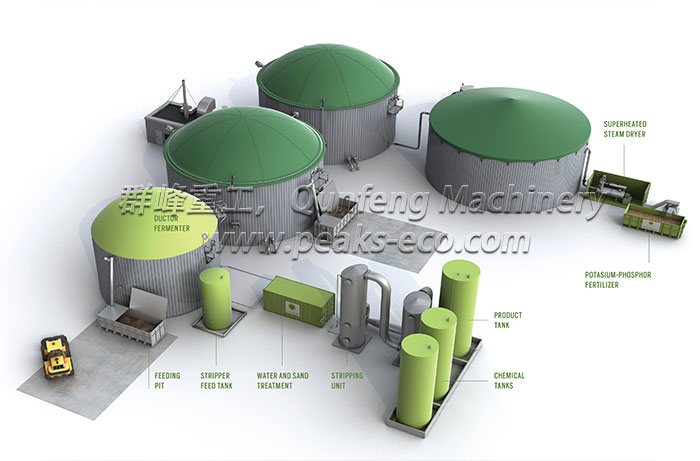
A modern Waste Incinerator System employs advanced Waste Incineration Technology, combining Industrial Waste Incinerators (designed for hazardous materials and non-recyclables) and Municipal Waste Incineration facilities (processing household and commercial waste).
The Waste Incineration Process involves feeding waste into High-Temperature Waste Incinerators (operating at 850–1200°C) to ensure complete combustion and pollutant breakdown. Key Benefits of Waste Incineration include volume reduction by up to 90%, energy recovery via Waste to Energy Incineration (converting heat into electricity for grids), and minimized landfill reliance. Eco-Friendly Waste Incineration integrates gas-cleaning Waste Incinerator Equipment like scrubbers, electrostatic precipitators, and catalytic filters to neutralize dioxins, heavy metals, and particulate matter.
Waste Management Incinerator Systems are part of Efficient Waste Disposal Systems, complementing recycling by handling non-recyclable or contaminated materials. How Waste Incineration Works follows stages: waste intake, thermal treatment, energy recovery, and emissions control. Emerging Innovations in Waste Incineration include plasma gasification for syngas production, AI-optimized combustion efficiency, and carbon capture integration. These Waste Incineration Solutions align with circular economy goals, transforming residual waste into resources while adhering to strict environmental standards.
Flexibility of use
Whether in the home, as a carbon-neutral fuel (CNG) for the transport sector or converted on-demand into electricity and heat, Peaks-eco is a true all-rounder that can also be used in a decentralised system
Independent
Peaks-eco frees us from our dependence both on fossil natural gas and natural gas importers, thereby helping to support predictable long-term pricing trends in domestic energy market.
Excellent public acceptance
Peaks-eco is renewable. This means heating consumers benefit from an improved CO2 footprint and potential savings resulting from the more efficient use of energy. As a highly efficient fuel, Peaks-eco is also a star performer in the fuel market and can help to reduce emissions many times over.
Strong market potential
Since crude gas sources and gas grid infrastructure are both available, neither time nor capital investment is necessary to establish them. On the contrary: the use of Peaks-eco can unburden the electricity network and contribute to a temporary easing of cost-intensive upgrading work.
Regional value chains
Peaks-eco promotes economic growth both in the feed-in region – which is in the immediate vicinity of the gas generating plant – and in the consuming region, which is independent of the feed-in location.
An additional pillar for your business
Since our gas upgrading systems are exceptionally efficient and cost-effective, they can offer biogas plant operators another attractive source of revenue from Peaks-eco production.
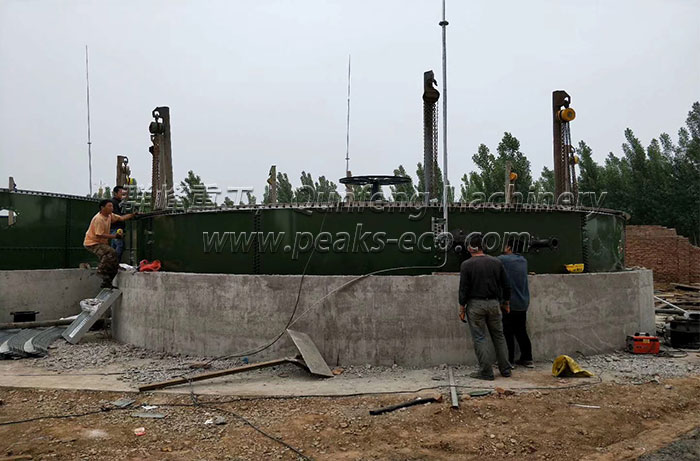

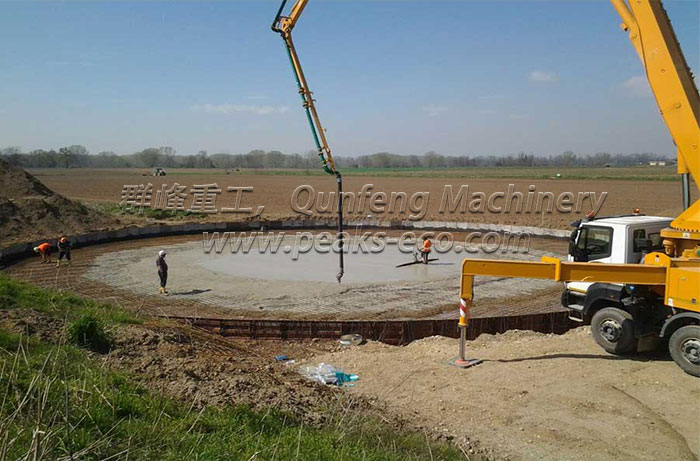
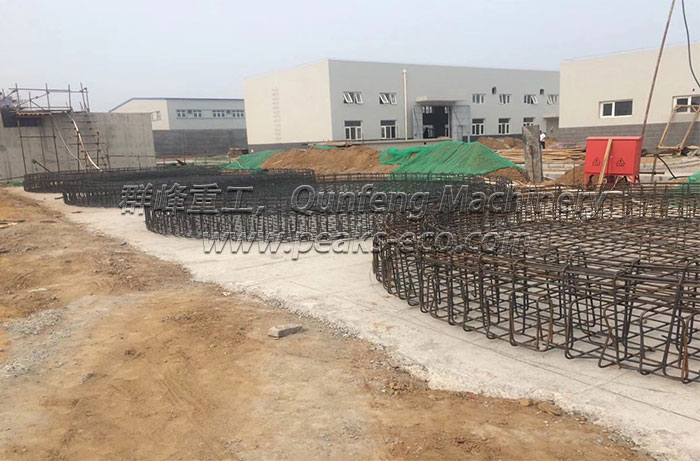

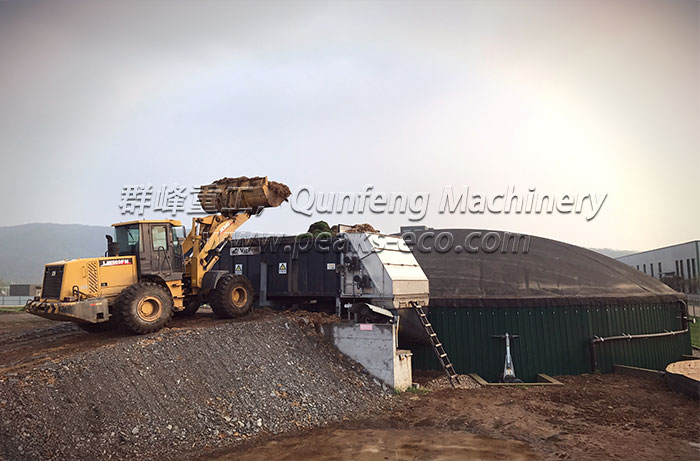
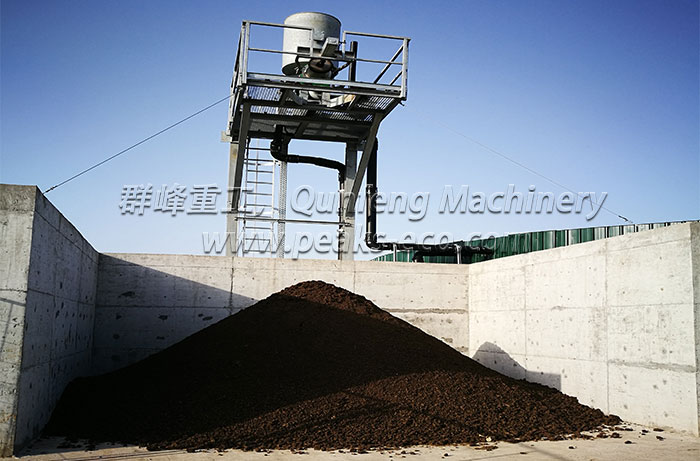
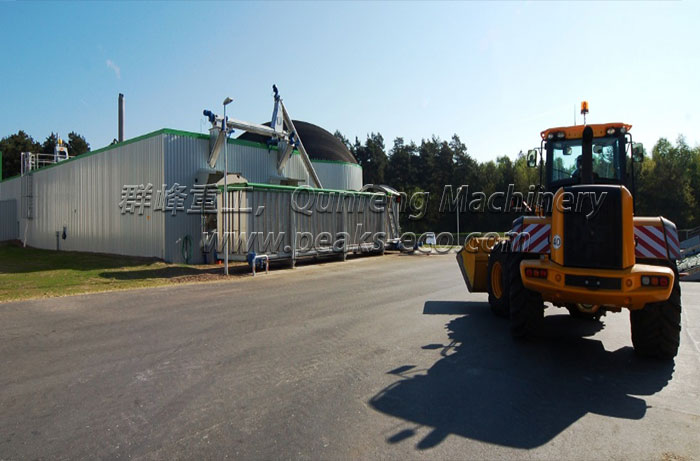
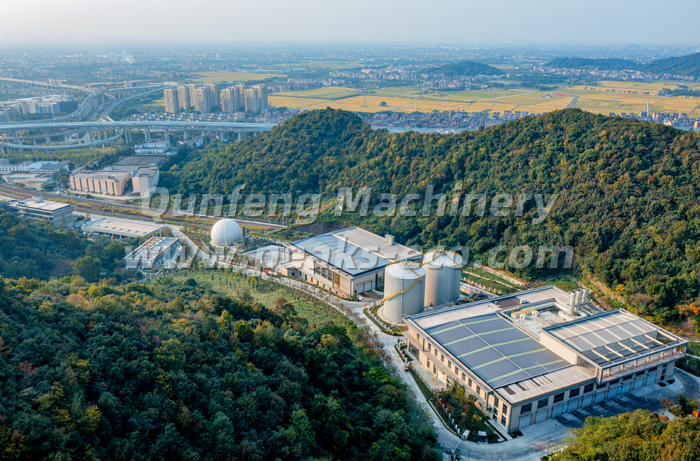
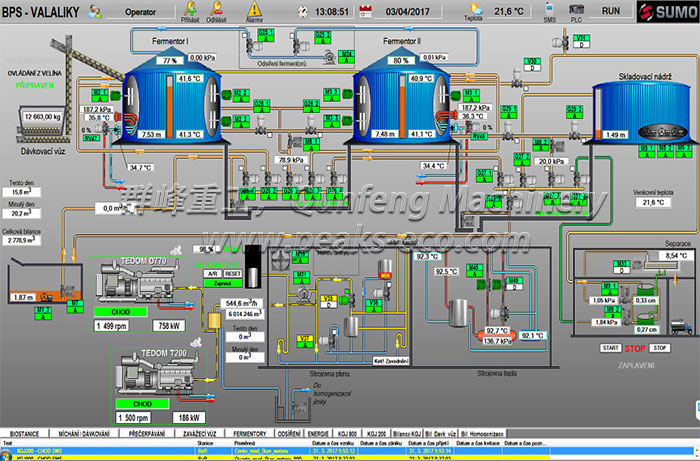

We offer complete Biogas Plant For Sale solutions, designed to convert organic waste into clean, renewable energy. Our Biogas Energy Plant systems are engineered for efficiency and durability, ideal for a variety of scales including Large Biogas Plant projects.
Our advanced Machine For Large Biogas Plant ensures optimal biogas production with reliable operation and easy maintenance. Equipped with cutting-edge technology, these machines support high-capacity Biogas-To-Energy Facilities to meet industrial energy demands.
We specialize in turnkey Biogas To Energy Projects, providing customized design, installation, and commissioning services. Our expertise includes development of Biogas Peaking Station solutions, which stabilize energy output during peak demand periods, ensuring consistent power supply.
Offering competitive Biogas Plant Price options, our products deliver excellent value for investment. Whether you are seeking a small-scale system or a full Large Biogas Plant, we tailor solutions to your budget and project requirements without compromising quality.